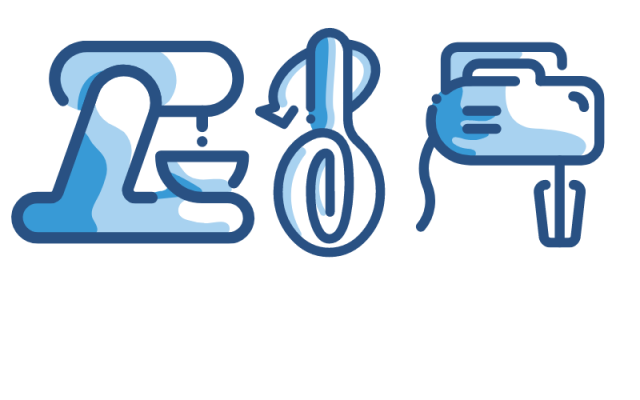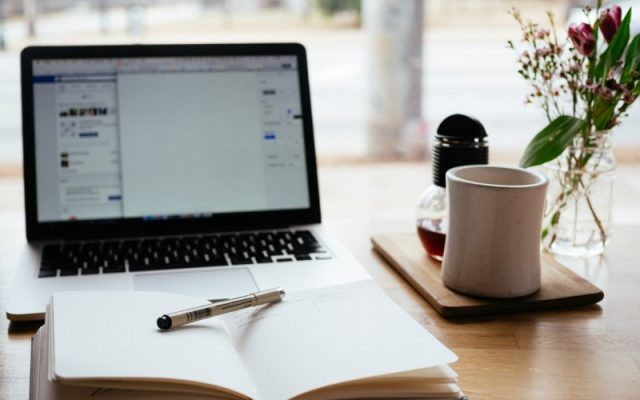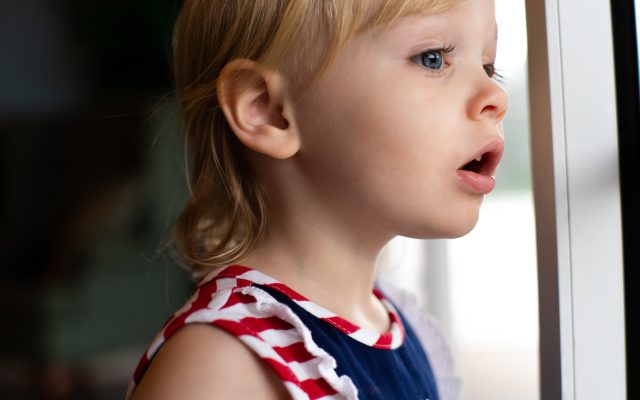
Happy #EarthDay from our sustainable office
What does our work have to do with banana skins, coffee grounds and happy plants?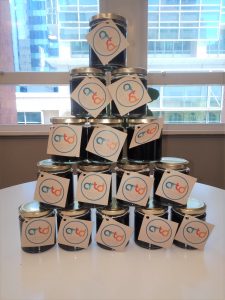
For Earth Day 2021 (@EarthDay and #EarthDay2021 on Twitter) we we wanted to give you an update on a few office inhabitants you probably won’t meet if you come into our Sydney Office, but who are doing a lot of heavy lifting in our workplace.
This Earth Day, themed ‘Restore our Earth’ we’re celebrating our hard-working worms in our Sydney office worm farm!
Each year Australia generates around 7.3 million tonnes of food waste across the supply and consumption chain [1]. While institutions only contribute an estimated 3% of waste (around 216,000 tonnes), it primarily goes into landfill. We changed that for our Sydney office six years ago when we started a worm farm to help deal with all the food waste, coffee grounds and tea bags our busy hive of evaluators consumes (so much coffee).
We did some rough calculations and estimate we prevent over one tonne of food scraps going to landfill each year.
We’re really proud of our worms (we even made an M&E strategy we shared at the AES Conference in Launceston a few years ago), and the wonderful ARTD-brand of worm juice they create, which our staff (and even some clients) use in their home gardens to help keep their plants healthy and strong., so they can keep doing that good thing they do turning CO2 into oxygen. It’s easy and we’d encourage you to look into creating a worm farm at your own office.
Our other waste reduction initiatives include dedicated recycling bins for paper/ cardboard, hard plastics, bottles, cans and tins and soft plastics. When our soft plastics bin is full, we take our waste to Coles so that we can participate in REDCycle’s Australia-wide recycling scheme. We purchase our coffee from different Australian providers who have a focus on ethical procurement and sustainability. We also purchase sustainable cleaning and other office products where possible such as Who Gives A Crap toilet paper and paper towels (Who Gives A Crap donates 50% of its profits to WaterAid to help build toilets and improve sanitation in the developing world).
Reach out and let us know if you have an office worm farms or other suggestions for innovative waste reduction and recycling approaches to help us further reduce our carbon footprint!
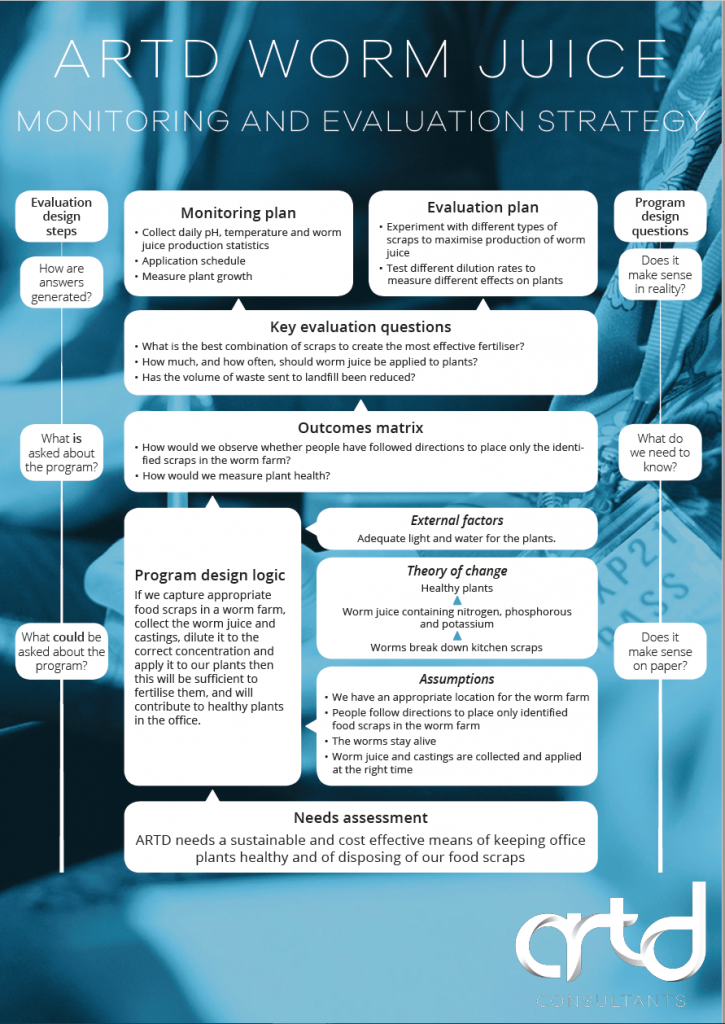
SOURCES
- National Food Waste Baseline (2019) https://www.environment.gov.au/system/files/pages/25e36a8c-3a9c-487c-a9cb-66ec15ba61d0/files/national-food-waste-baseline-executive-summary.pdf


